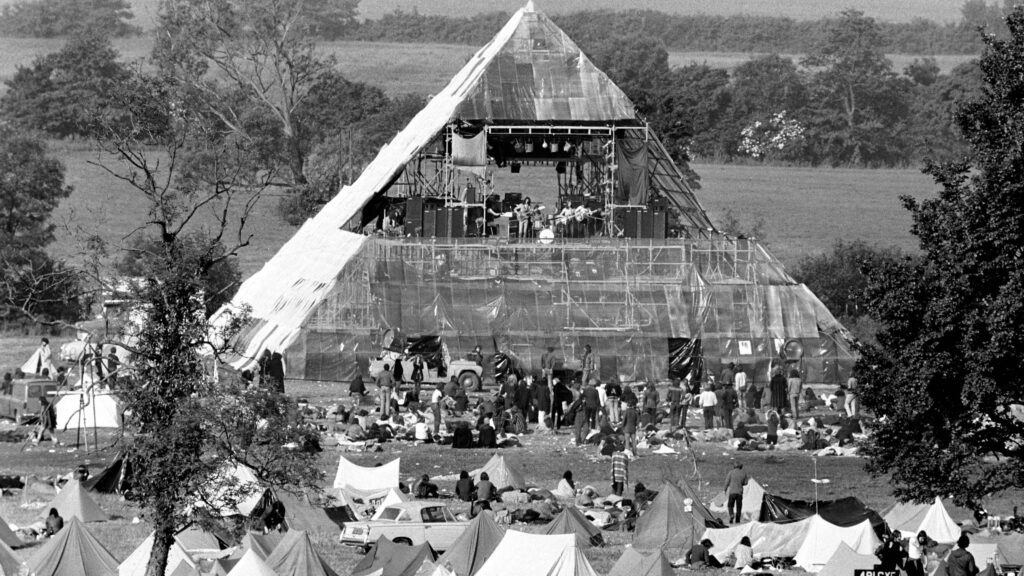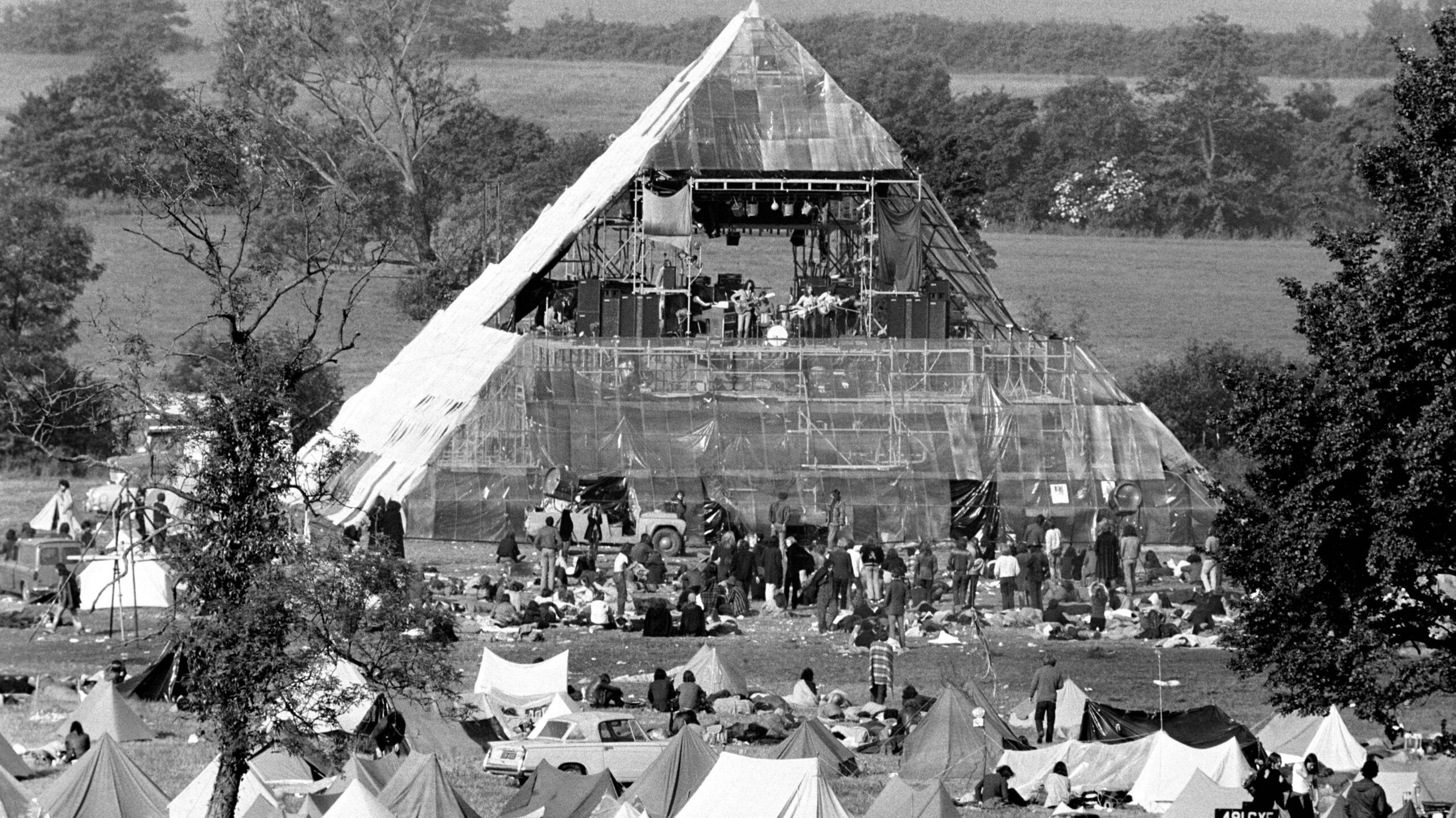Glastonbury Festival: A Timeless Legacy Shaping the Music Industry
Glastonbury Festival has emerged as a cultural phenomenon, captivating music enthusiasts worldwide. Established in 1970, this iconic event has etched its mark in history, evolving into the epitome of music festivals. In this blog, we will delve into the rich history of Glastonbury Festival, tracing its roots and highlighting its profound importance in the music industry.
The Birth of Glastonbury Festival
Glastonbury Festival originated from humble beginnings as the Pilton Pop, Blues & Folk Festival organized by Michael Eavis on his dairy farm in Glastonbury, Somerset, England. Held on September 19, 1970, the festival was an intimate gathering with a meagre attendance of 1,500 people. The inaugural event featured performances from notable acts such as Marc Bolan, Keith Christmas, and Al Stewart, setting the stage for future success.


The Evolution of Glastonbury
Over the years, Glastonbury Festival transformed from a small-scale gathering into a mammoth celebration of music, arts, and culture. It embraced various genres, including rock, pop, folk, indie, and electronic music, fostering an inclusive and diverse environment for artists and attendees alike. The festival’s immersive experience, characterized by its massive outdoor stages, eclectic line up, and extravagant visual displays, soon garnered attention, and acclaim worldwide.
Unforgettable Moments
Glastonbury Festival has witnessed numerous legendary performances, becoming synonymous with groundbreaking live shows. From David Bowie’s iconic 2000 performance, complete with a torrential downpour, to Beyoncé’s showstopping set in 2011, these moments have forever etched themselves in music history. Not to mention Metallica‘s electrifying headline performance in 2014, which sparked controversy and proved the festival’s ability to cater to a broad spectrum of musical tastes.


Environmental and Social Responsibility
Apart from its musical prowess, Glastonbury Festival has become renowned for its commitment to environmental sustainability and social causes. The festival pioneered initiatives such as banning single-use plastics, promoting recycling, and encouraging sustainable practices among attendees. Furthermore, Glastonbury’s charitable arm, The Glastonbury Festival Charity Trust, supports numerous causes, including Oxfam, Greenpeace, and WaterAid.


Economic Impact and Global Recognition
Glastonbury Festival’s economic significance cannot be overstated. Drawing over 135,000 attendees annually, it injects millions of pounds into the local economy, supporting businesses and creating employment opportunities. Moreover, the festival’s international acclaim attracts tourists from all corners of the globe, putting Glastonbury on the map as a vibrant cultural destination.
Glastonbury’s Influence on the Music Industry
Glastonbury Festival serves as a launching pad for emerging artists while simultaneously providing established acts with a platform for reinvention. Many artists credit their breakthrough moments at Glastonbury as pivotal to their success. Furthermore, the festival’s eclectic programming and diverse line up inspire artists to experiment with their performances, fostering creativity and pushing boundaries within the music industry.



